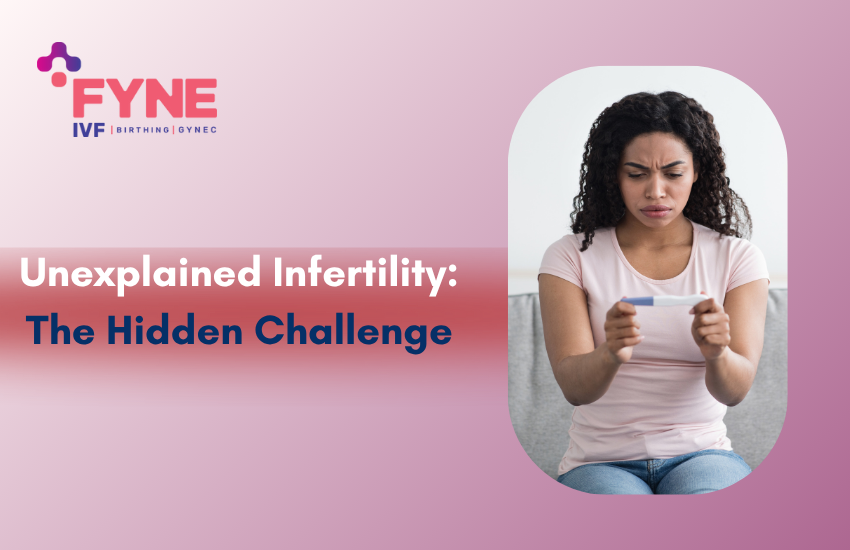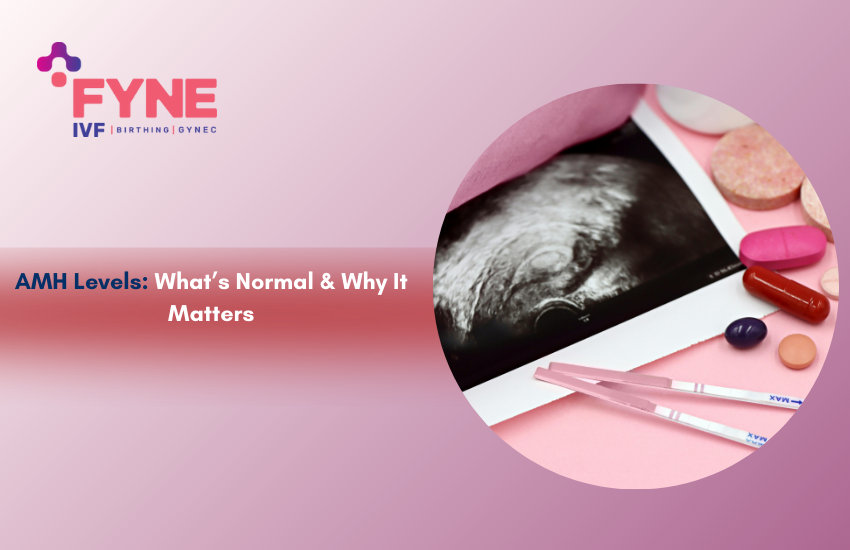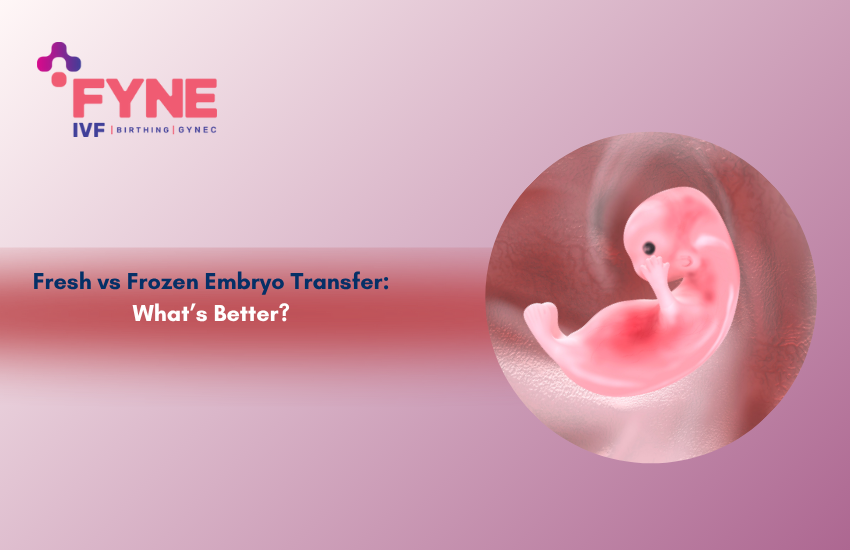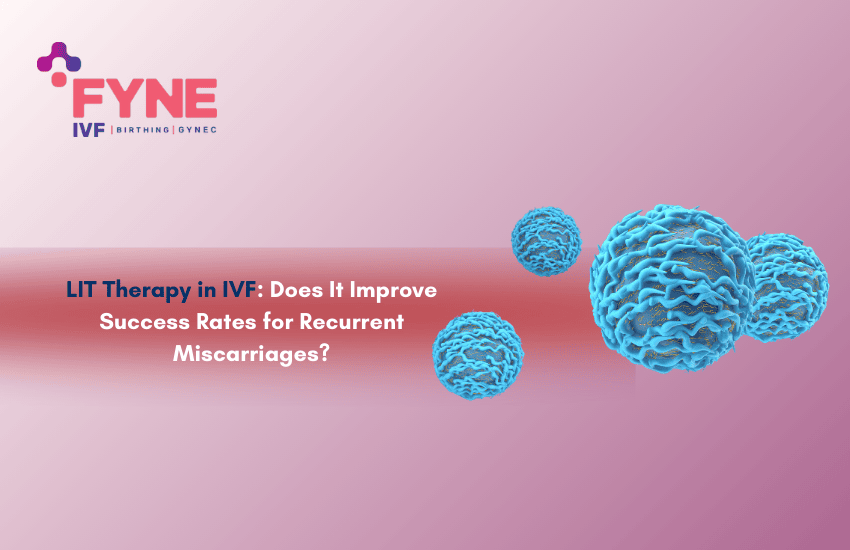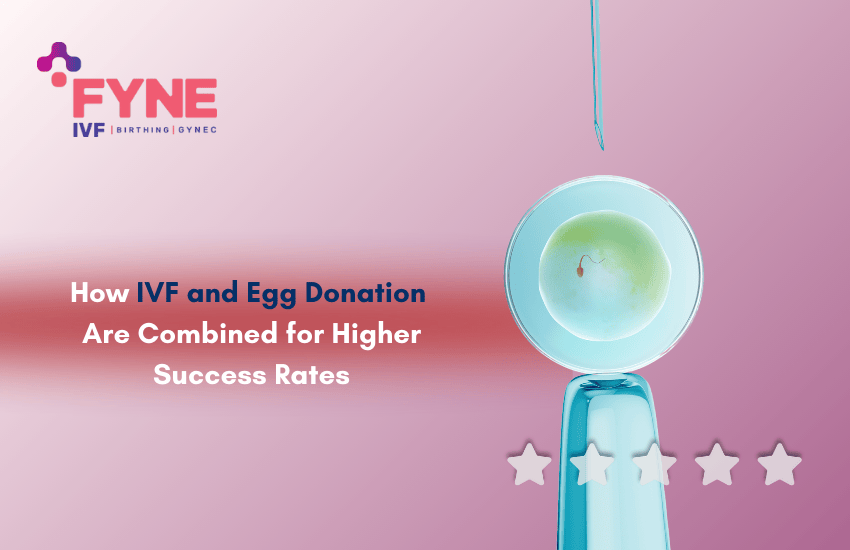Infertility can be a long and emotionally taxing journey, especially when all medical tests return normal results but pregnancy still doesn’t happen. Unexplained infertility is a diagnosis that leaves many couples feeling confused and frustrated. This condition occurs when standard fertility tests show no apparent cause for infertility, yet conception still seems out of reach.The […]
Indira IVF vs FYNE IVF: Which Clinic Is Better for You in Pune?
Choosing a clinic matters. You should pick a center that fits your health needs, budget, and comfort level. Below is a clear, side-by-side comparison of Indira IVF and Fyne IVF in Pune. Quick summary Services offered Both clinics offer common fertility services. Here are the main ones. Service Indira IVF Fyne IVF IVF (standard) Yes […]
Understanding Your AMH Normal Values & What They Mean for Fertility
Anti-Müllerian Hormone (AMH) is a critical marker for assessing ovarian reserve, the number of eggs remaining in the ovaries. As AMH directly correlates to fertility potential, understanding your AMH levels is essential when considering pregnancy, especially in the context of assisted reproductive technologies like IVF.In this blog, we’ll dive into what AMH levels mean, how […]
Fresh vs. Frozen Embryo Transfers: Which One is Better for IVF Success?
Choosing IVF as a path to parenthood can be one of the most significant decisions you make, and with it comes many questions about the best approach to treatment. Among these decisions, one of the most important is whether to go for a fresh or frozen embryo transfer. Each option has its benefits and considerations, […]
Diet and Fertility: Foods That Can Help Improve Your Chances of Conception
When it comes to conception, diet plays a vital role in both men’s and women’s fertility. The foods we eat impact our reproductive health, hormone regulation, sperm quality, and egg health. By making intelligent dietary choices, you can maximise your chances of conception and create a healthier environment for pregnancy. In this blog, we’ll explore […]
The Role of Mental Health in Fertility: Coping with Stress During IVF
Fertility treatments like IVF can be a rollercoaster of emotions. Alongside the physical demands, the mental and emotional strain can be overwhelming for many couples and individuals trying to conceive. Mental health plays a critical role in fertility, influencing not only your overall well-being but also potentially affecting treatment outcomes. This blog is here to […]
Advancements in IVF Technology: What’s New in 2025?
In-vitro fertilisation (IVF) has revolutionised fertility treatment over the past few decades, offering hope to countless couples struggling to conceive. As science advances, so does the technology that supports IVF, continuously improving success rates and patient experiences. In 2025, several exciting new technologies and techniques are shaping the future of IVF, making it more effective […]
What Every Woman Should Know About Ovarian Reserve & Egg Freezing
Fertility is often not something women think about until they’re ready to start a family. However, ovarian reserve, the number of eggs in a woman’s ovaries, plays a critical role in determining fertility potential. Whether you’re considering starting a family now or planning for the future, understanding your ovarian reserve and options like egg freezing […]
LIT Therapy in IVF: Does It Improve Success Rates for Recurrent Miscarriages?
For couples who have faced the devastating heartbreak of recurrent miscarriages or repeated implantation failures during IVF, the journey to parenthood can feel emotionally and physically exhausting. In some cases, the cause behind these failures may not be related to embryo quality or uterine health, but to the immune system itself. One supportive treatment that […]
How IVF and Egg Donation Are Combined for Higher Success Rates
In vitro fertilisation (IVF) has been a life-changing advancement for countless individuals and couples facing infertility. For some, combining IVF with egg donation offers the best chance of achieving pregnancy, especially when factors like advanced maternal age, poor egg quality, or genetic conditions are involved. In this blog, we’ll walk you through how IVF and […]
